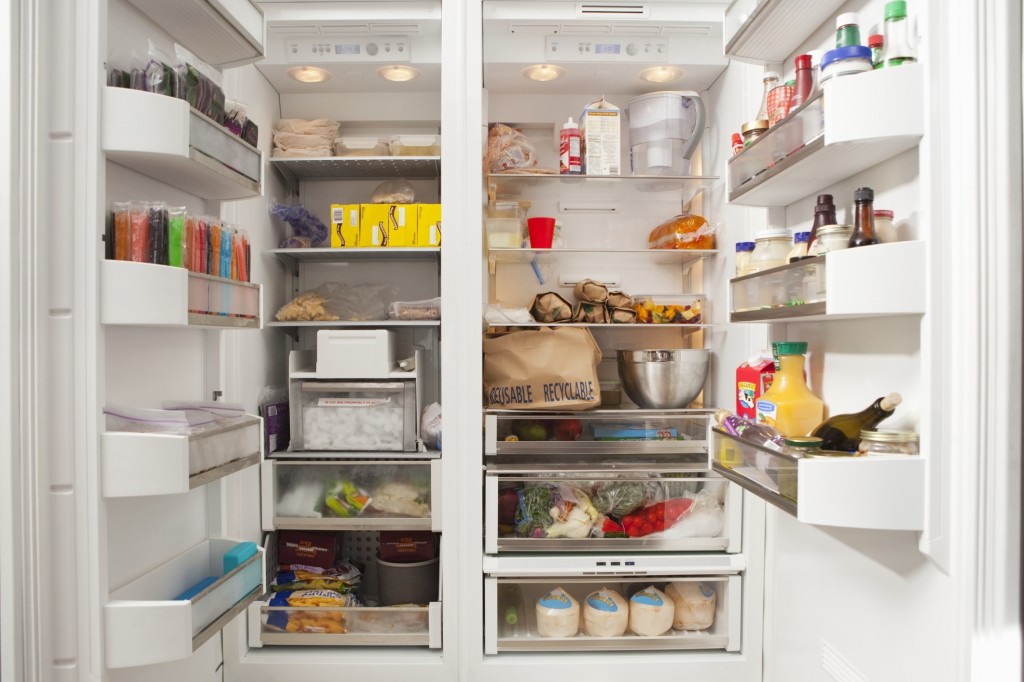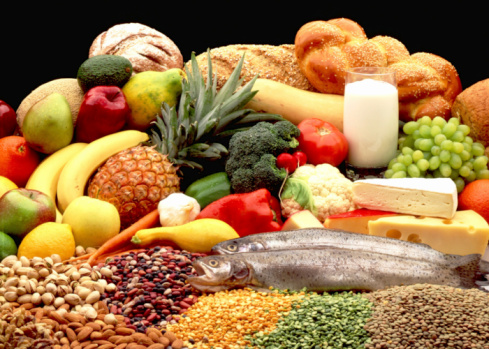Taking Care of Your Kitchen: 5 things you need to know to keep your food safe
Cooking is fun to do at home, but there are a lot of risks that come with preparing food. Microorganisms grow quickly in food and can make people sick, but you can prevent them from becoming a problem in your kitchen. Here are 5 things you need to remember to keep your food safe.
Acidity Microorganisms grow very quickly in foods that don’t contain much acid. Items like egg salad or tuna salad contain very little acid so, left in the wrong conditions, they can spoil very quickly. By adding acid like lemon juice or vinegar to low-acid foods, you can reduce the risk of microorganisms spreading.
Temperature Microorganisms develop fastest when food temperature is between 40°F and 140°F. This range is considered the temperature danger zone. Refrigerators are typically set at less than 40°F and most food is cooked to a temperature higher than 140°F. Your biggest concerns would be for food left out at room temperature (about 60°F to 90°F). Tip: keep the hot stuff hot and the cold stuff cold.
Time Microorganisms require time to flourish. When food is left in the temperature danger zone, it grows quickly – multiplying every minute it’s left out. After four hours, microorganisms can grow to levels high enough to make someone sick.
Oxygen Most microorganisms need oxygen to grow. Keeping food sealed in plastic and glass containers helps keep oxygen out and prevent bacteria from growing.
Moisture Microorganisms need water to grow. Many microorganisms die in dry conditions, so spoilage can be controlled by dehydration. 
Foods most likely to spoil:
- Milk and dairy products
- Sprouts
- Cooked rice, beans and vegetables
- Baked potatoes
- Eggs
- Fish
- Meat
- Soy products
- Sliced melons and cut tomatoes
There are also some foods that won’t spoil easily. Food like bread can be left out at room temperature because it contains little acid, but it contains moisture so it will spoil eventually. Cookies and crackers don’t have much acid in them and contain little moisture, so they can be left out at room temperature for extended periods without spoiling. Most fruit have acid in them so they can be left at room temperature for a period as well, but both bread and fruit won’t spoil as quickly if they are refrigerated.
Food is fickle. While you can manage all of the factors that cause food to spoil, the only two things you can control are time and temperature. So if something is sitting on the counter and you didn’t put it there remember one thing: when in doubt, throw it out.






1 Response
[…] Taking Care of Your Kitchen: 5 things you need to know to keep your food safe […]